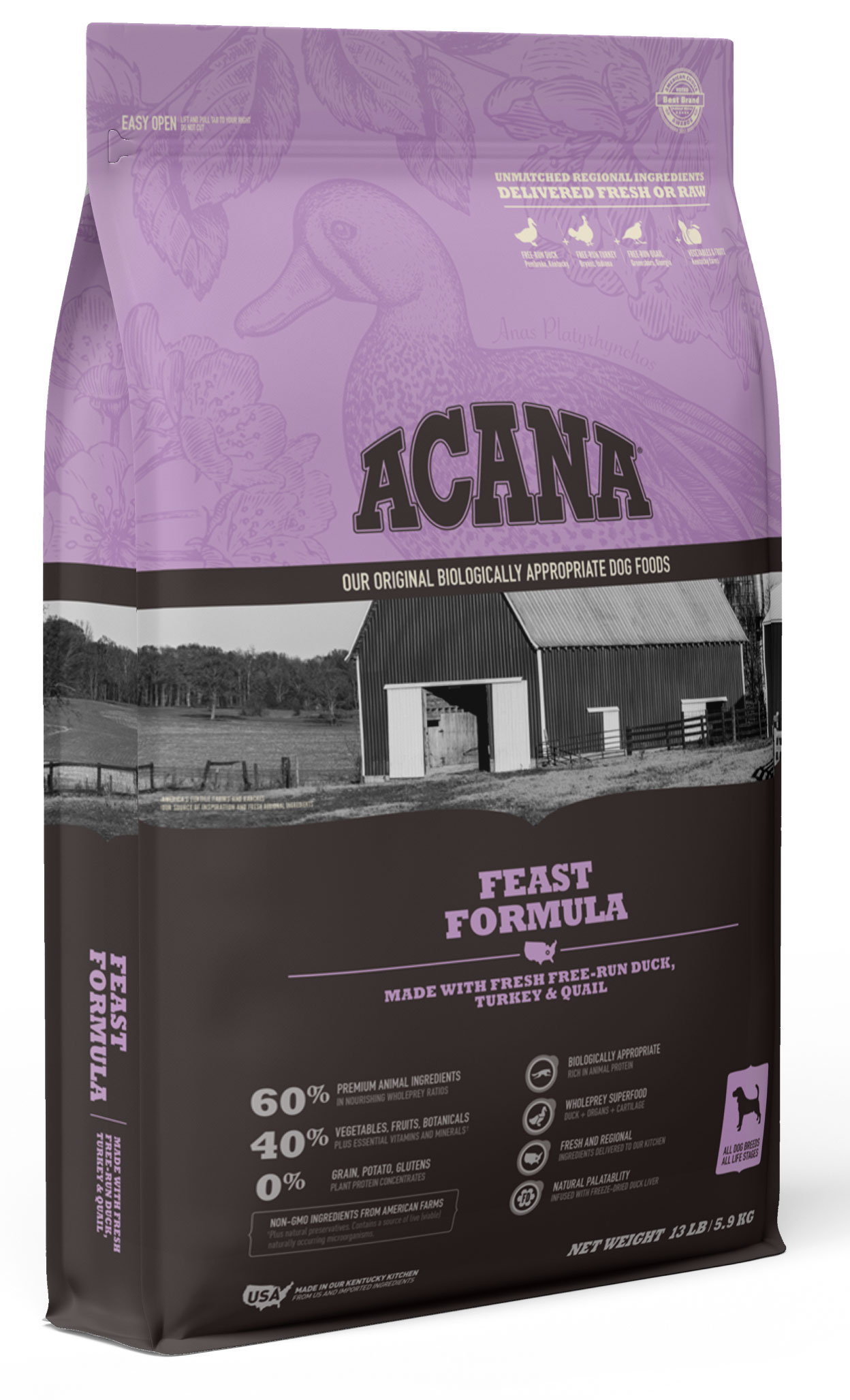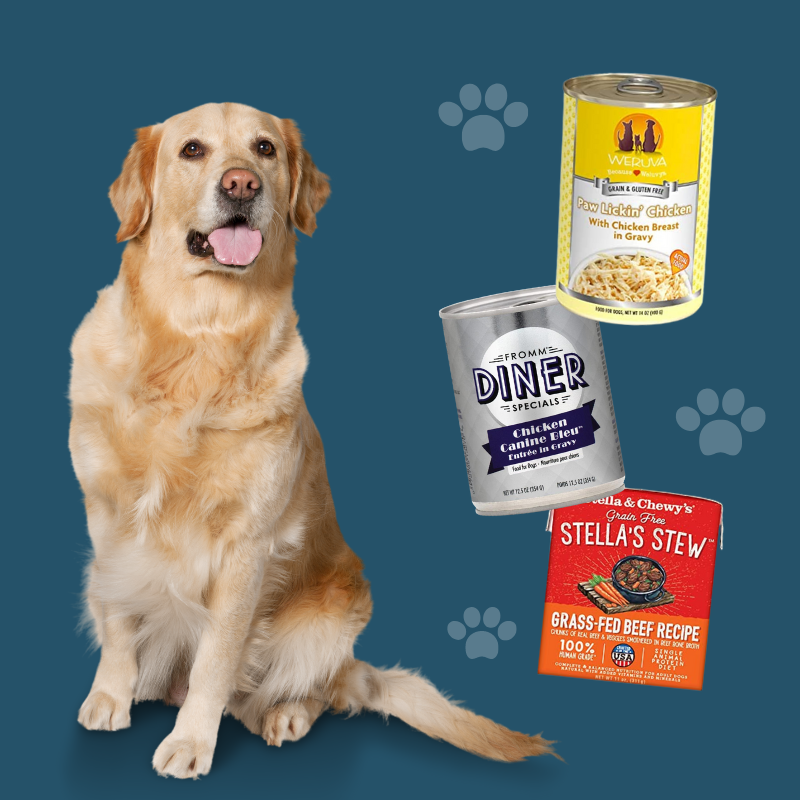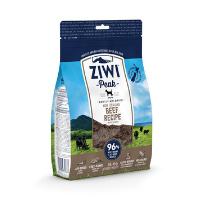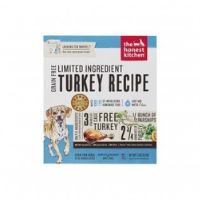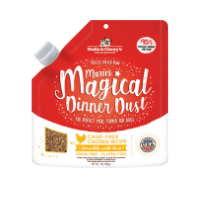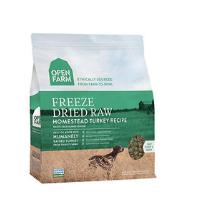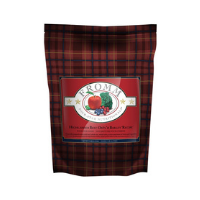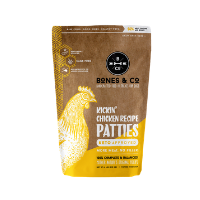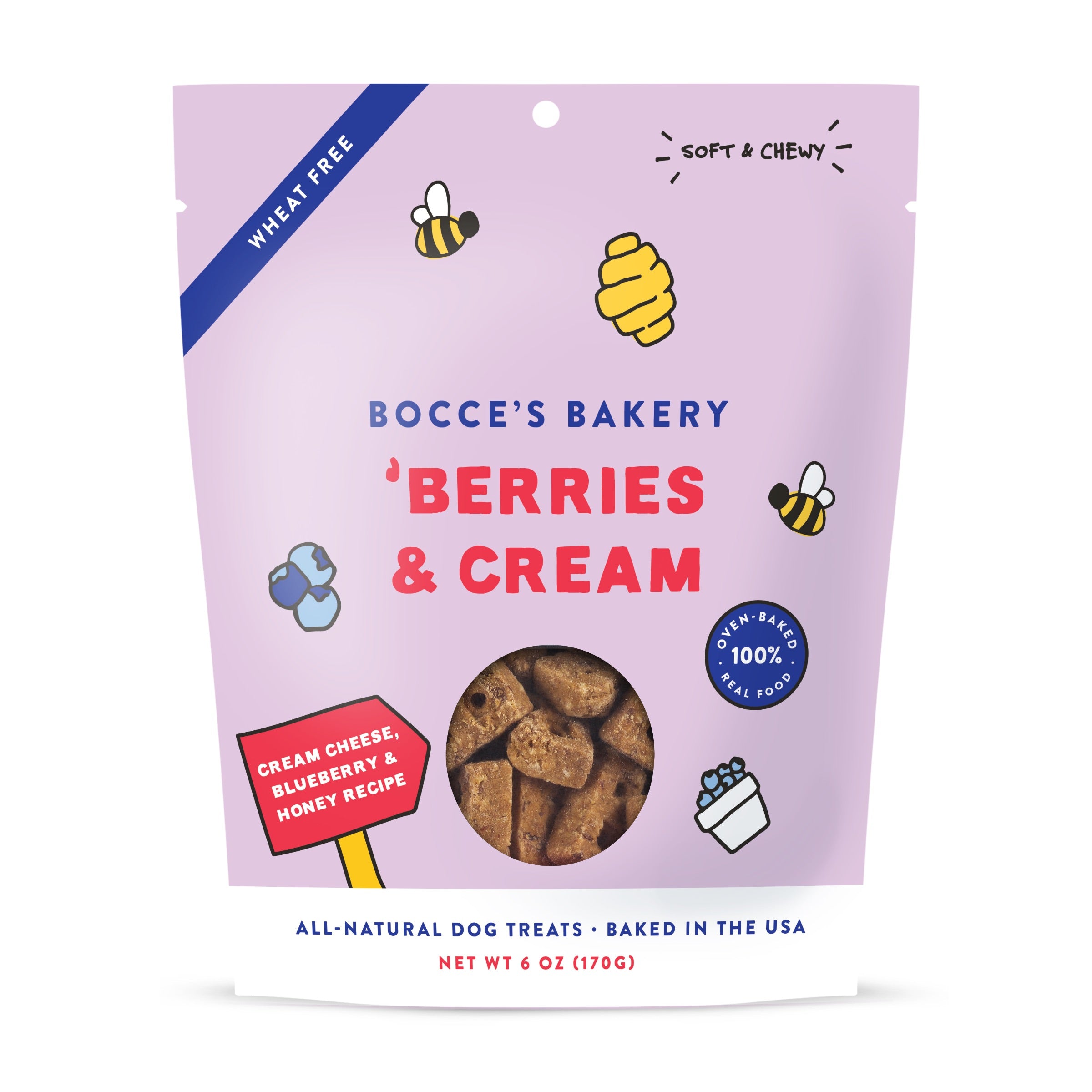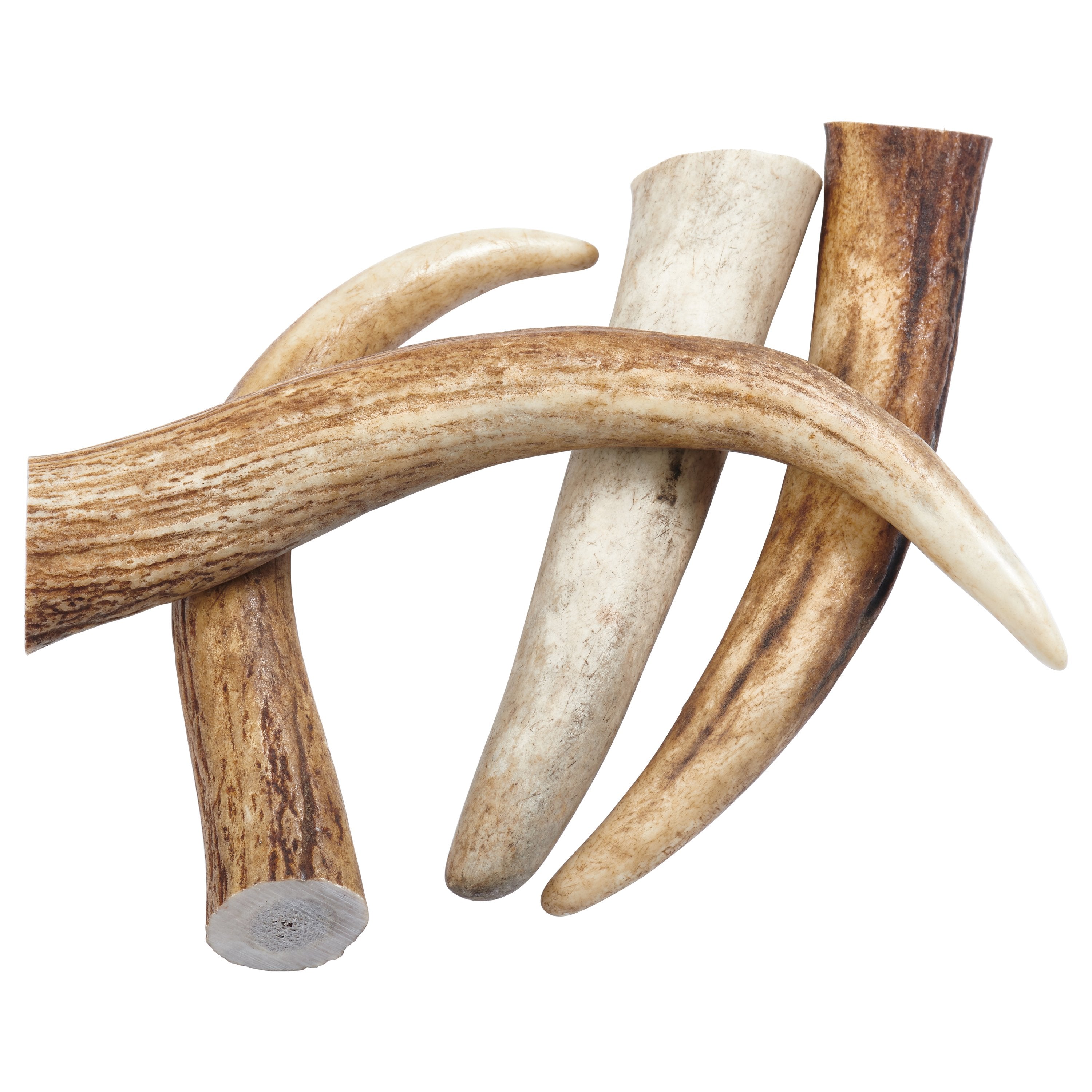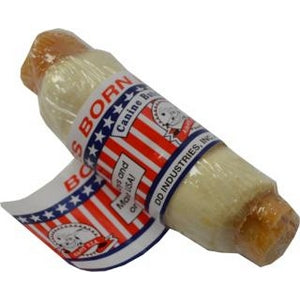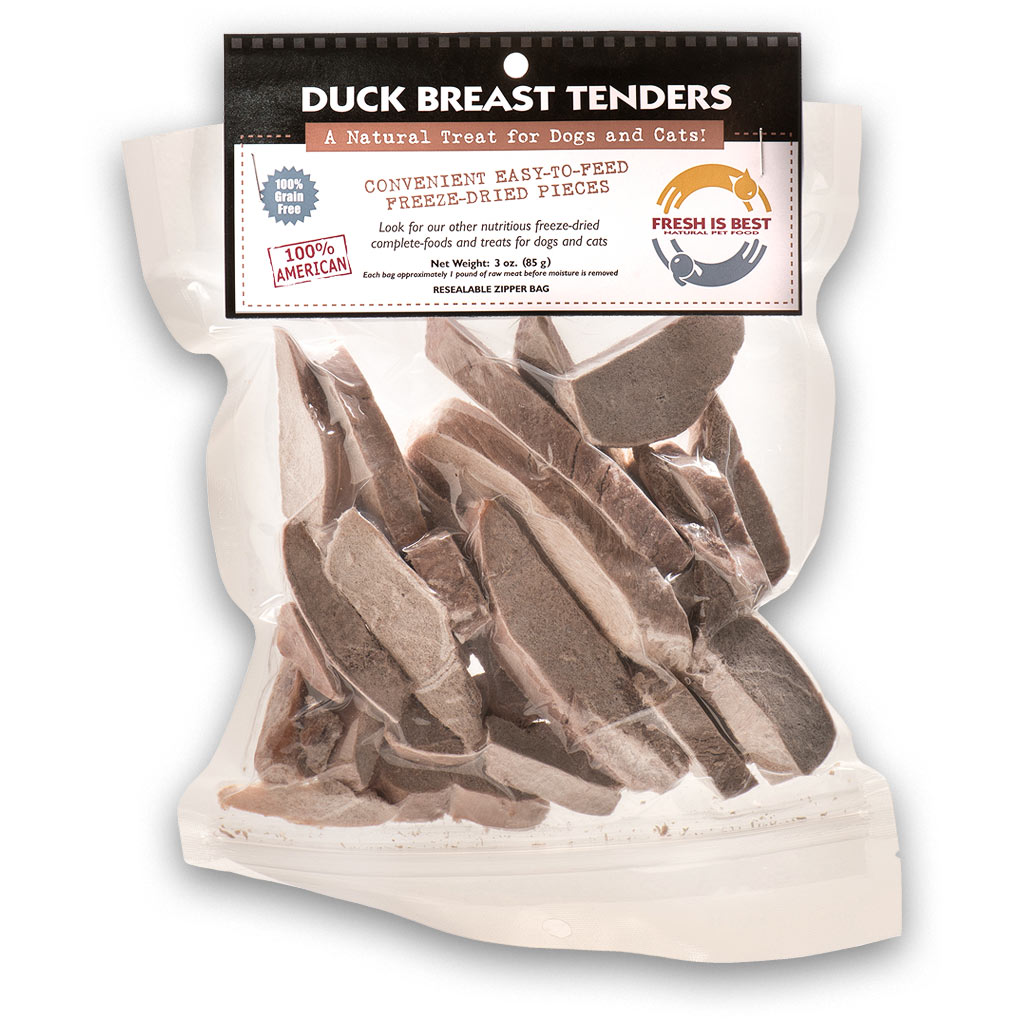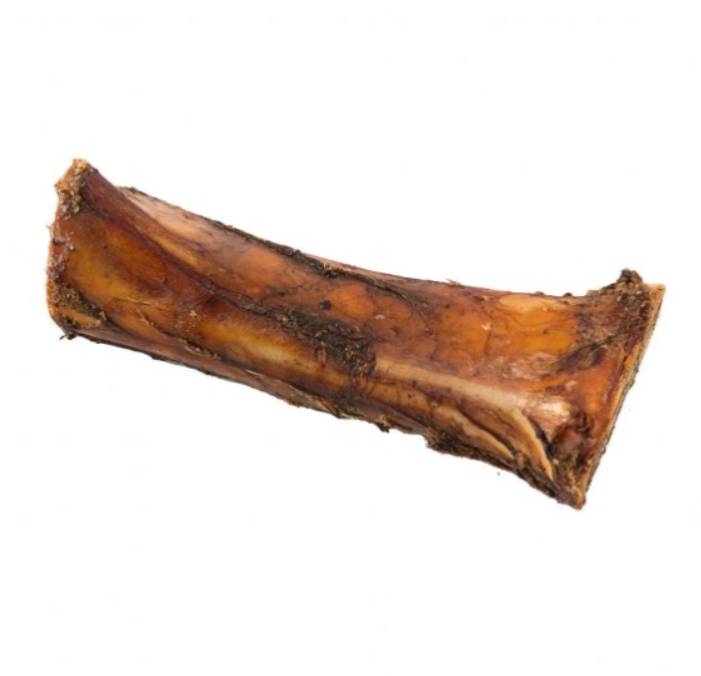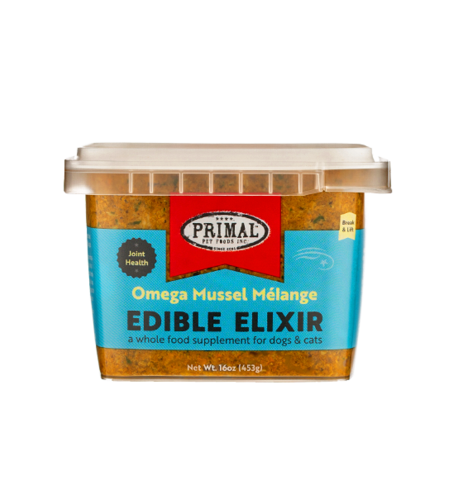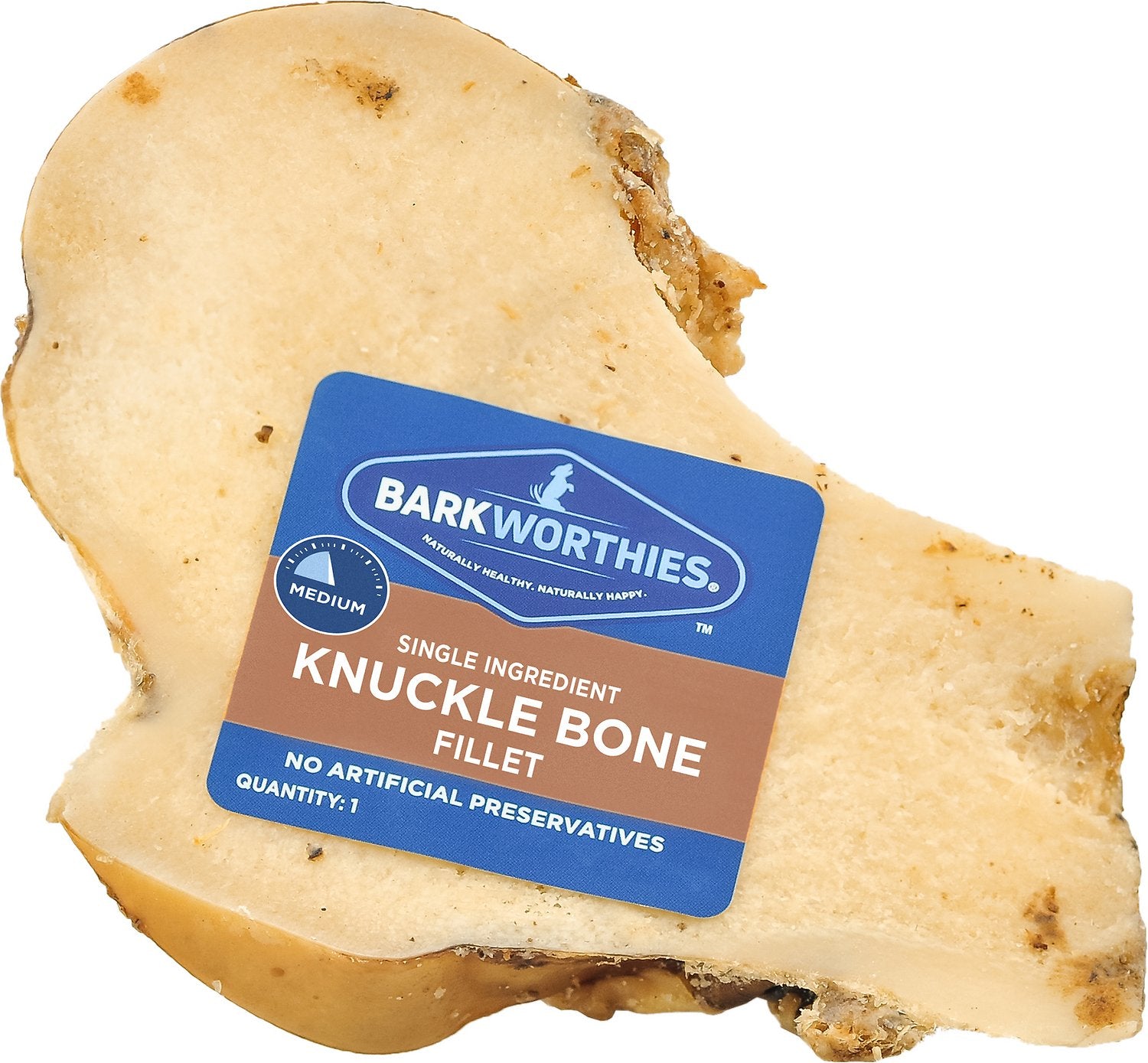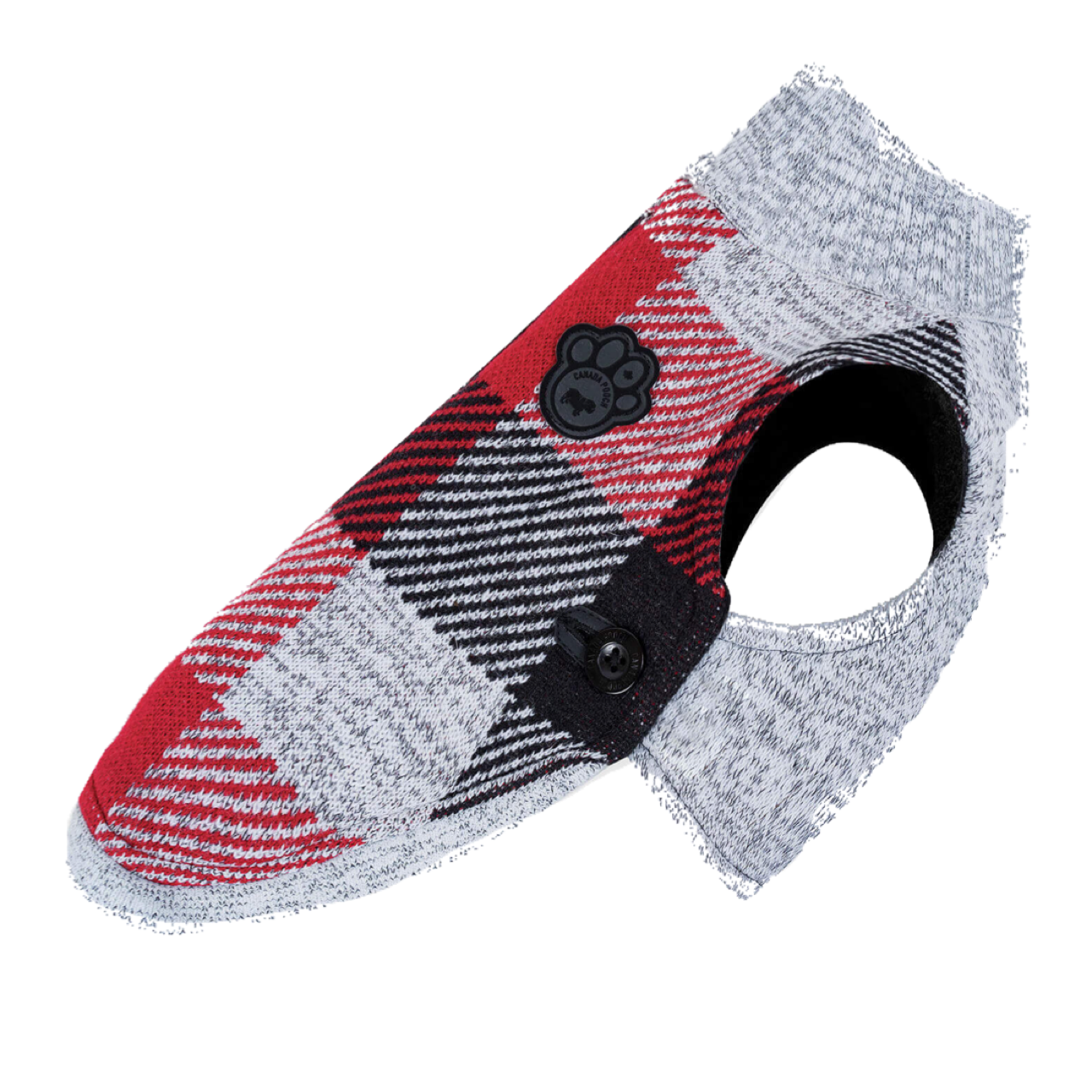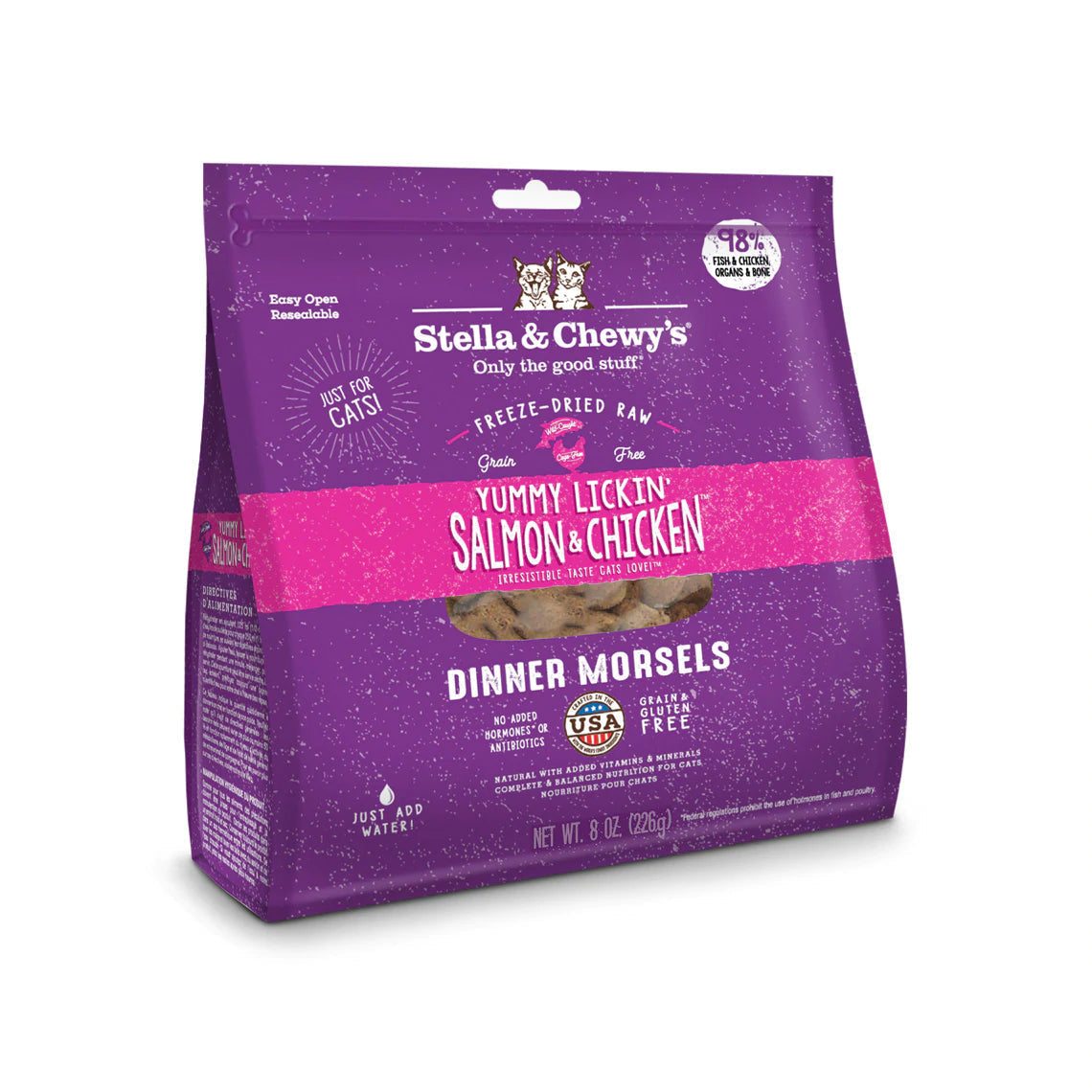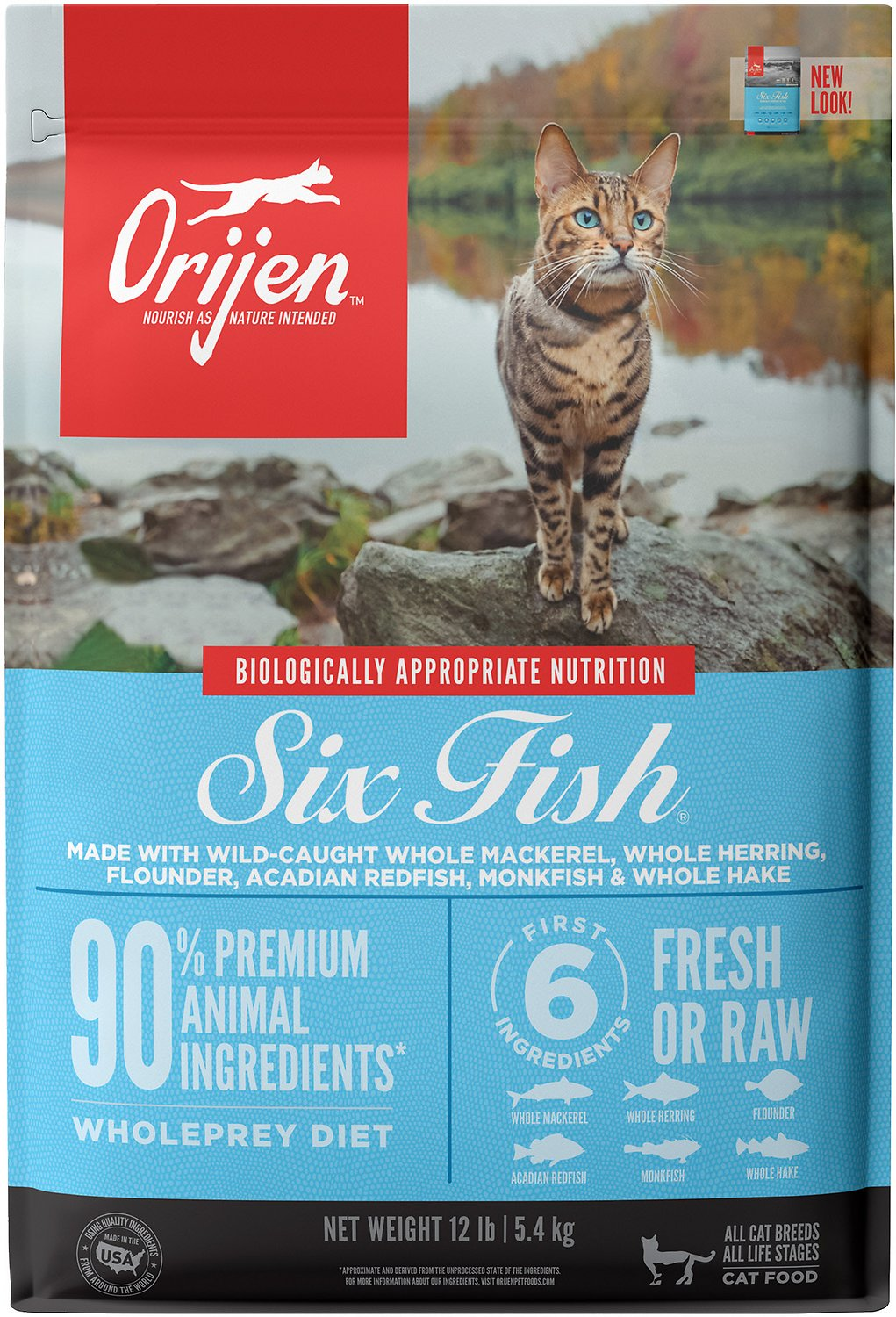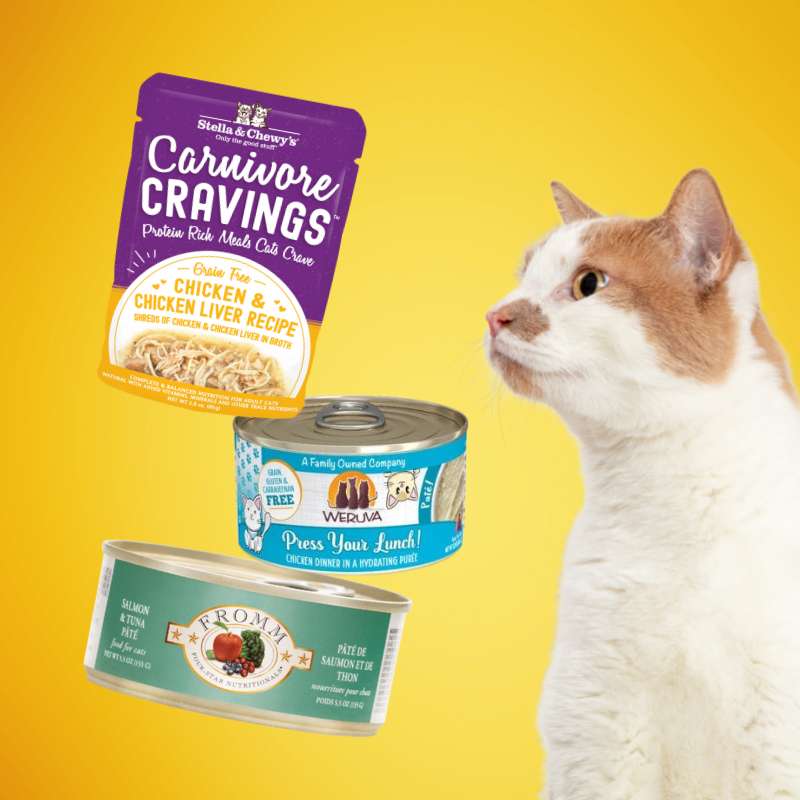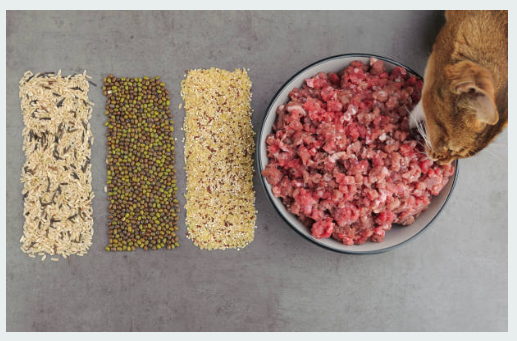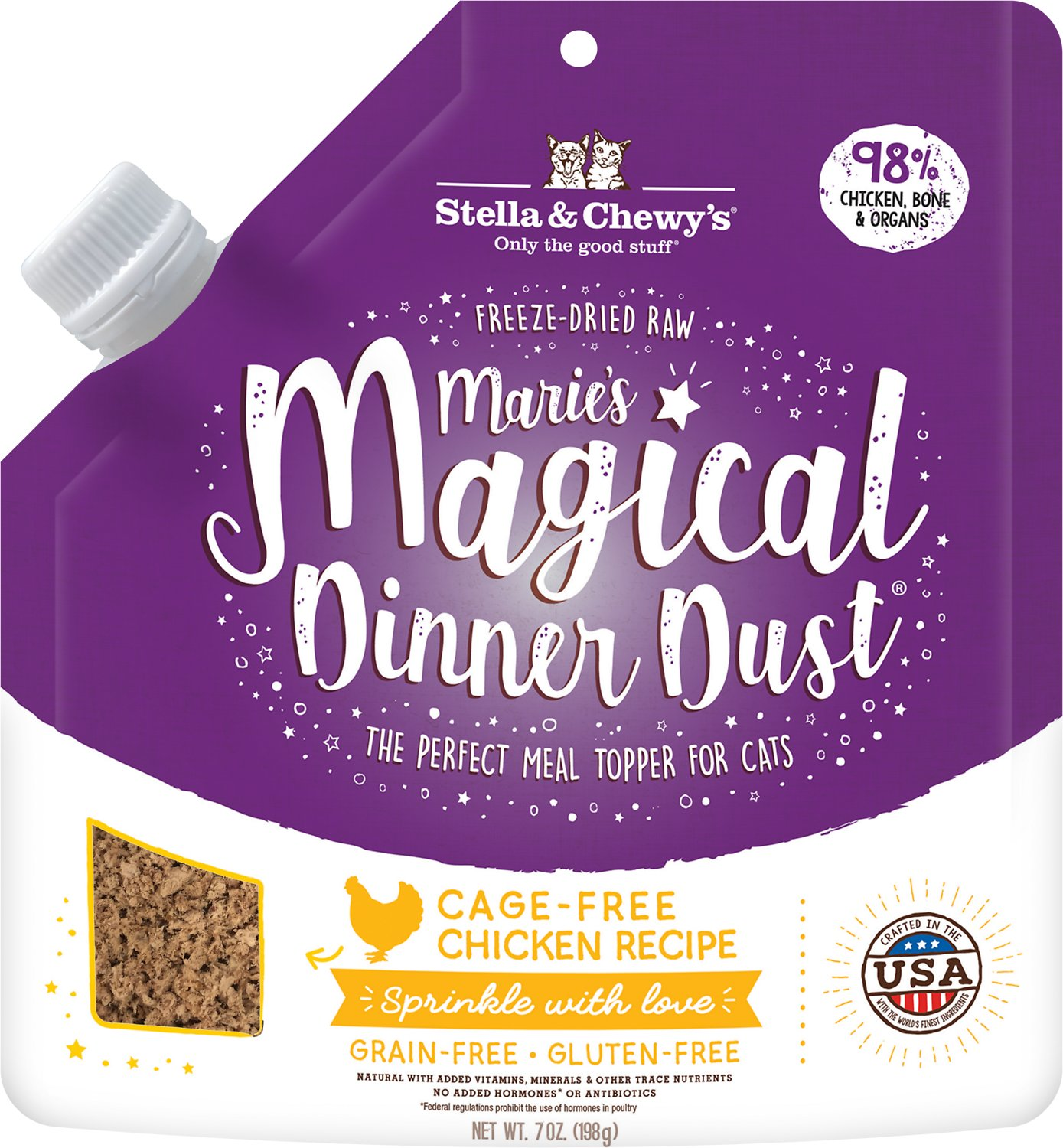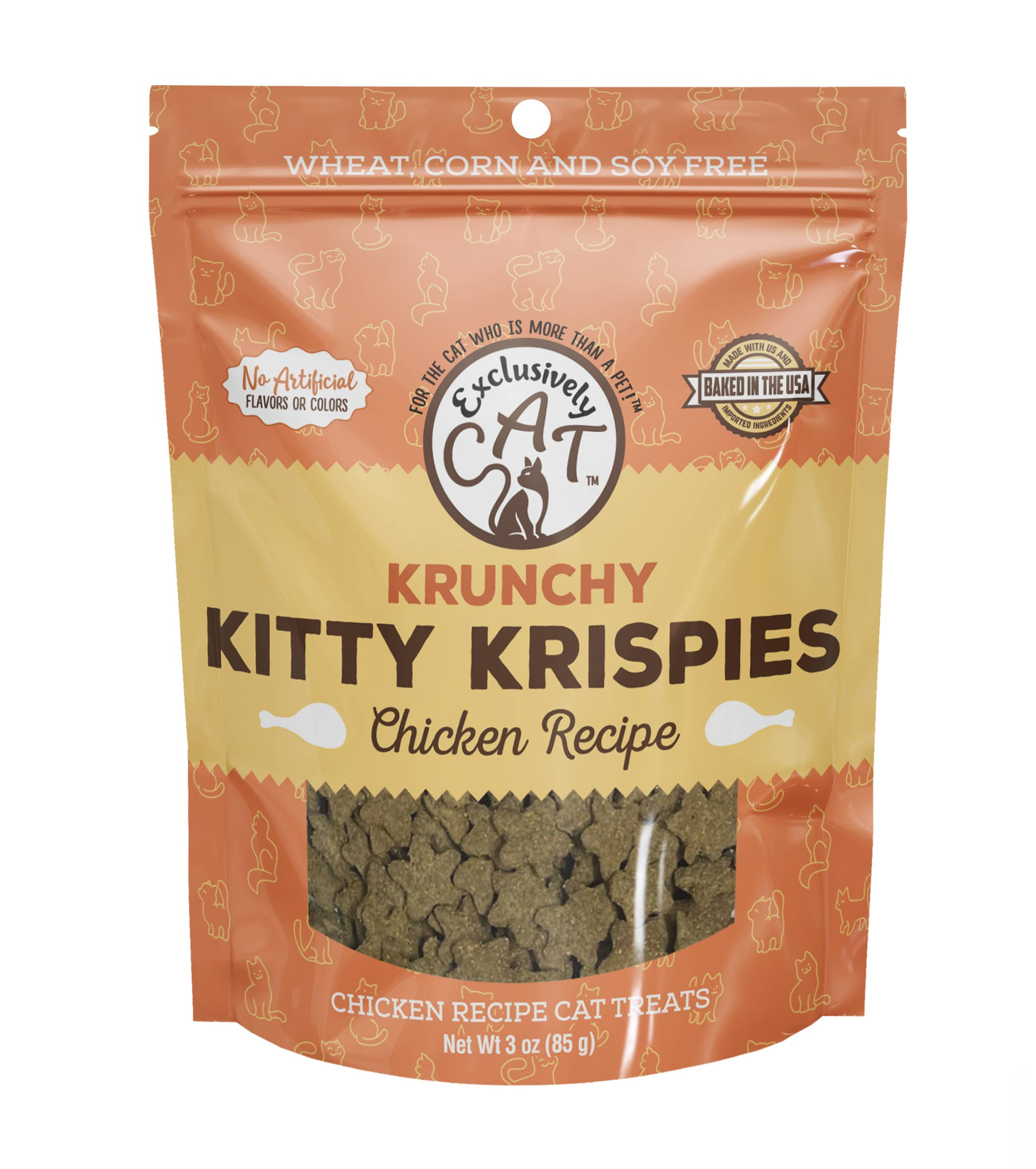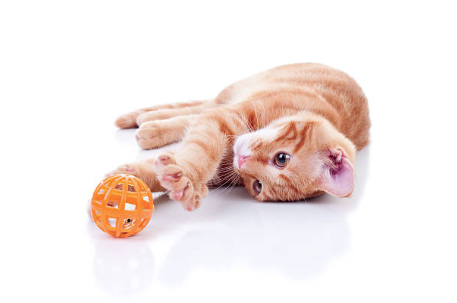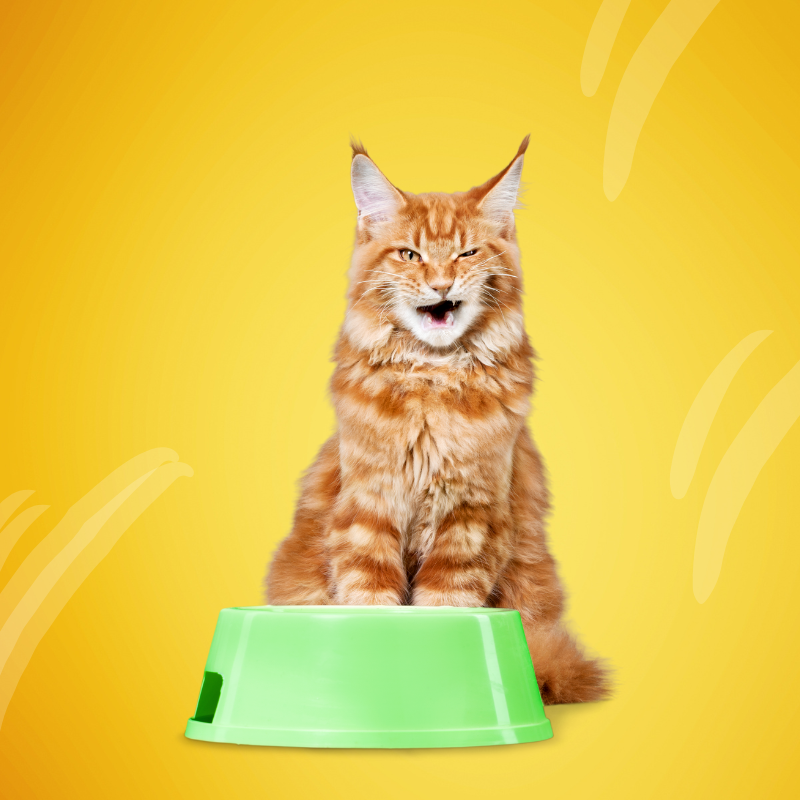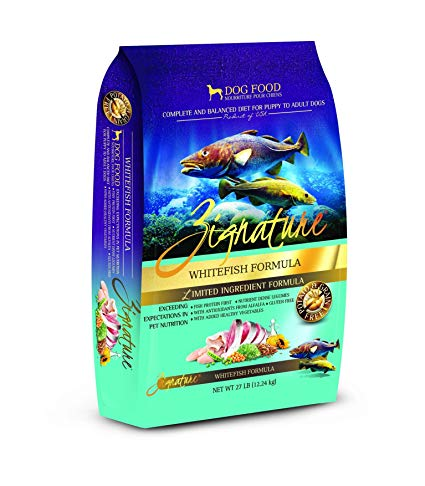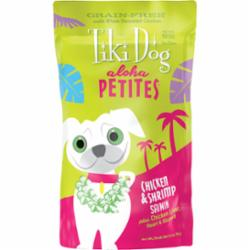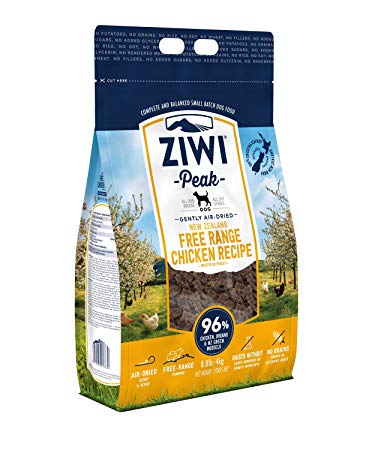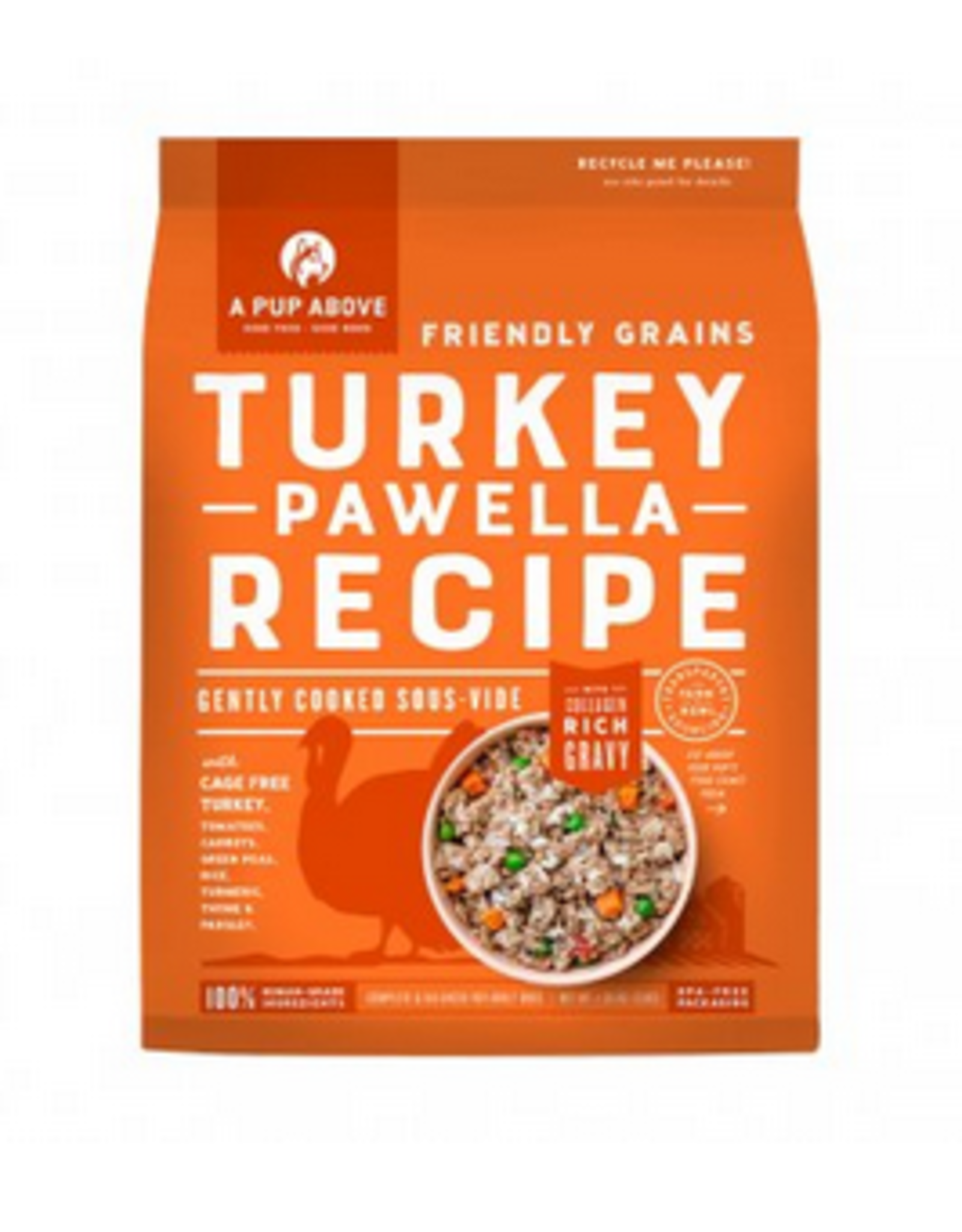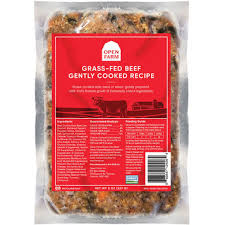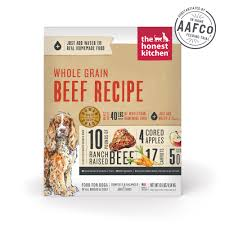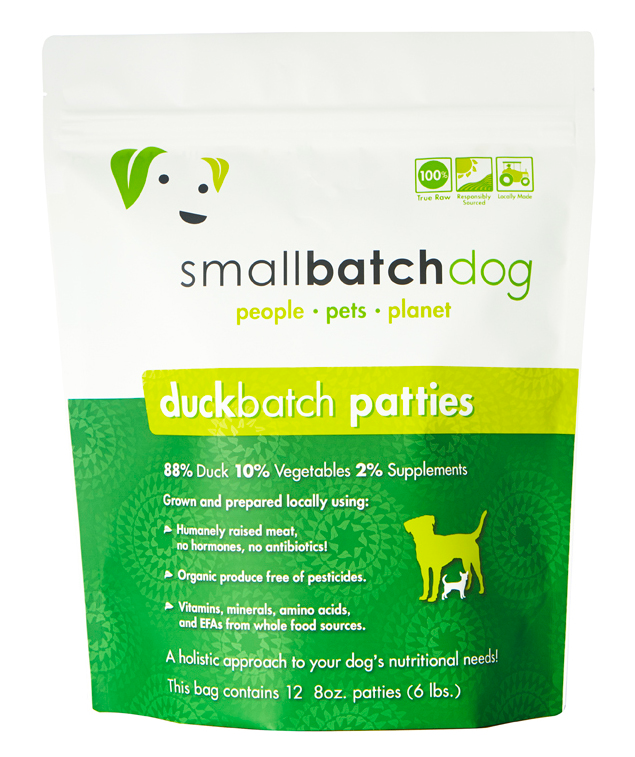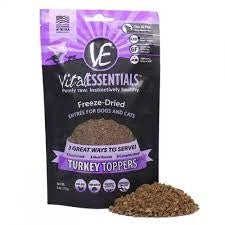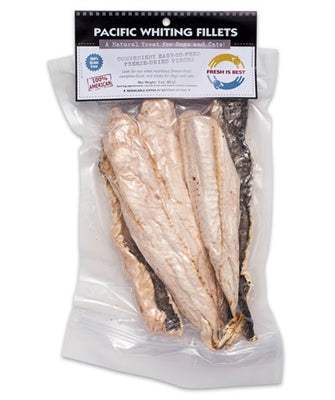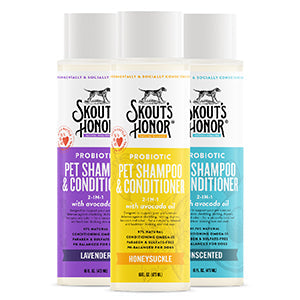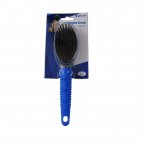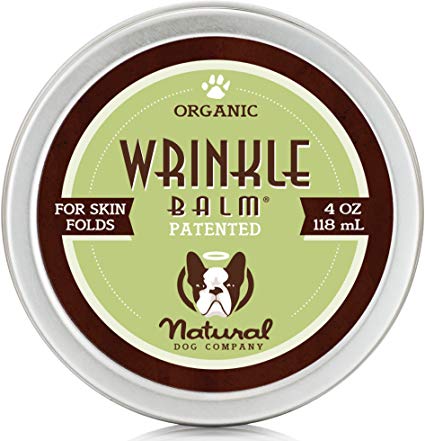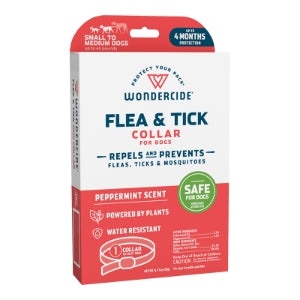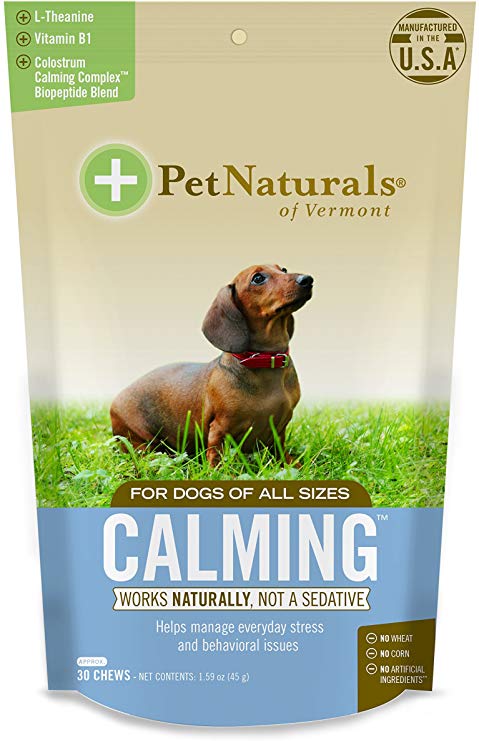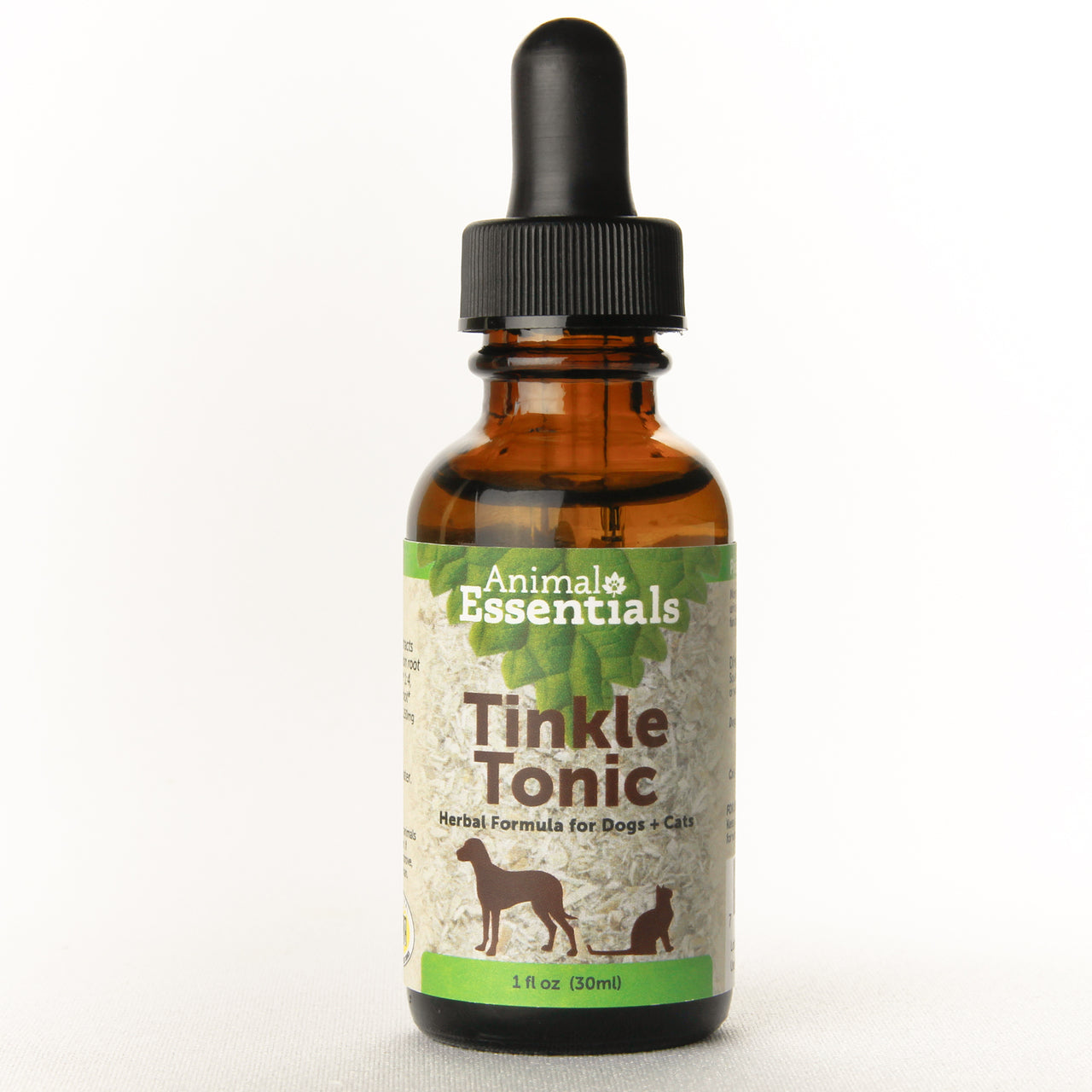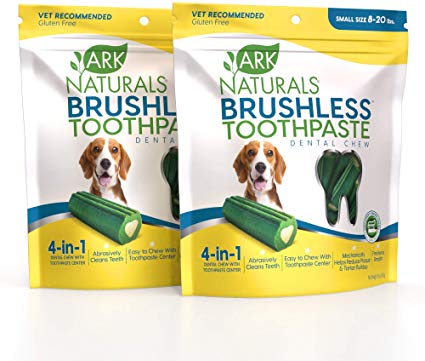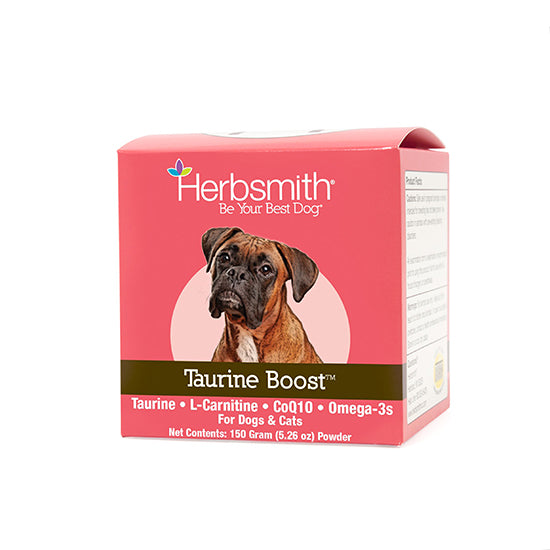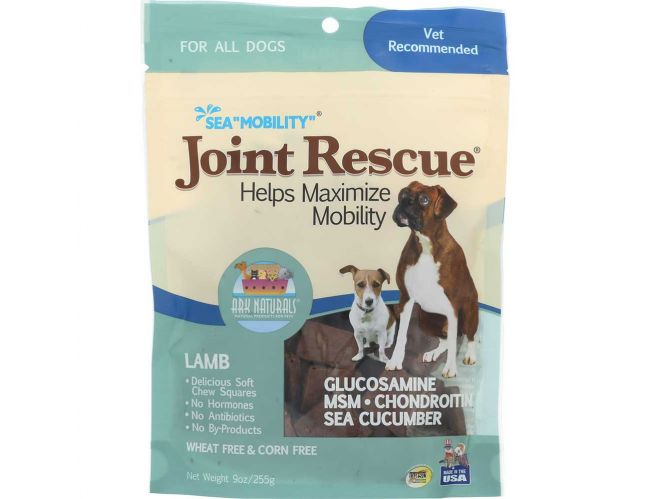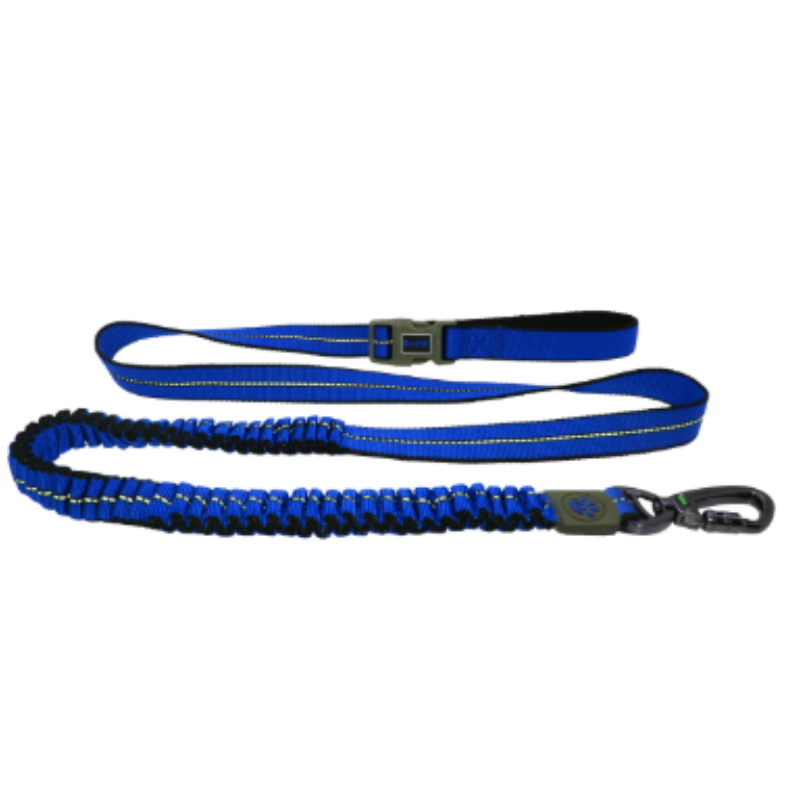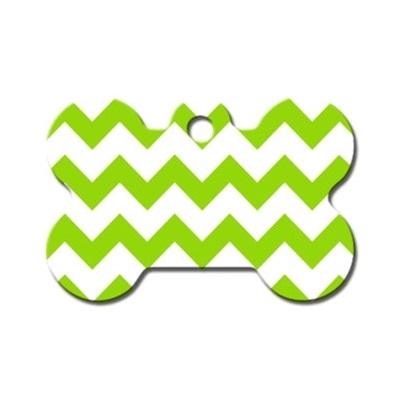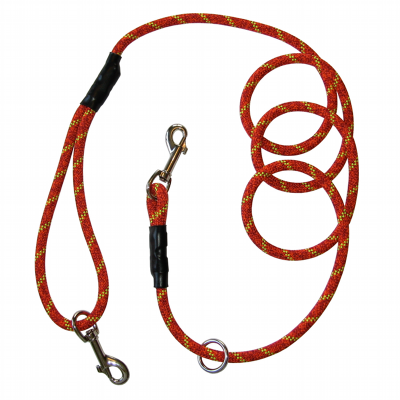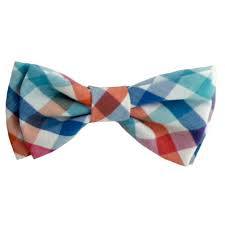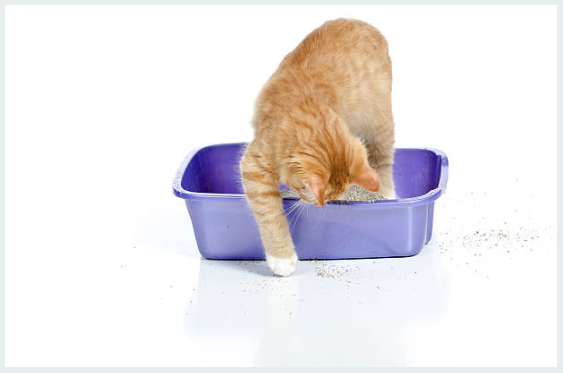As pet owners, we have a deep sense of responsibility towards the health and well-being of our four-legged friends. Providing proper nutrition to our pets is crucial for their growth, development, and overall quality of life. But understanding the nutritional needs of dogs and cats can be a complex endeavor. In this blog post, we will dive into the world of pet nutrition, shedding light on what our furry companions need to thrive.
Why Nutrition Matters for Dogs and Cats
Just like humans, dogs and cats require a balance of essential nutrients to support their bodily functions. A well-rounded diet can help prevent various health issues and promote longevity. Proper nutrition has the power to boost their immune system, enhance their coat and skin health, maintain healthy teeth and gums, support strong joints and bones, and even prevent obesity.
Understanding the Basics
Protein
Protein is the foundation of every pet's diet. It plays a crucial role in building and repairing tissues, supporting a healthy immune system, and providing energy. Dogs and cats are carnivores by nature, meaning they require a higher amount of protein compared to other nutrients.
Fats
Fats are essential for dogs and cats as they provide a concentrated source of energy. They play a vital role in maintaining healthy skin and coat, promoting brain development, and aiding in the absorption of fat-soluble vitamins. However, it's important to choose high-quality fats and avoid excessive amounts to prevent obesity.
Carbohydrates
While dogs are omnivores, meaning they can derive some nutrients from plant-based sources, cats are obligate carnivores and need minimal carbohydrates in their diet. Carbohydrates can provide energy and fiber, but it's crucial to select high-quality sources such as whole grains and vegetables.
Vitamins and Minerals
Just like humans, dogs and cats require a variety of vitamins and minerals to support their overall health. These include vitamins A, D, E, B, and K, as well as minerals such as calcium, phosphorus, zinc, and iron. These nutrients are essential for various bodily functions, including bone growth, cell function, and immune system support.
Differentiating Between Dogs and Cats
While dogs and cats share some common nutritional needs, it's important to tailor their diets to their specific species. Dogs are more adaptable in their diet and can tolerate a wider range of food options compared to cats. Cats, on the other hand, have unique dietary requirements due to their carnivorous nature, including the need for taurine, an essential amino acid found in meat.
Dog Nutrition
Dog food should contain a balance of proteins, fats, carbohydrates, vitamins, and minerals. However, the exact proportions may vary depending on factors such as age, breed, size, and activity level. Puppies require higher protein and fat content compared to adult dogs, while senior dogs may benefit from fewer calories.
Cat Nutrition
Cat food should have a higher protein content and include essential amino acids, such as taurine, which is vital for their health. Cats also require a higher fat content in their diet as they are metabolically equipped to process and utilize fats efficiently. It's important to consult with a veterinarian to ensure your cat's diet meets their unique nutritional needs.
Choosing the Right Food
With a myriad of pet food options available in the market, choosing the right food for your dog or cat can be overwhelming. Here are some key factors to consider:
Quality Ingredients
Opt for pet foods that contain high-quality ingredients. Look for named animal proteins (such as chicken or beef) as the primary ingredient and avoid foods with artificial additives, preservatives, or fillers.
Age and Life Stage
Consider your pet's age and life stage when selecting food. Puppies and kittens have different nutritional requirements compared to adult or senior pets. Look for pet food labels specifying the target life stage.
Specific Health Needs
If your pet has specific health conditions, such as allergies or sensitivities, consult with your veterinarian to determine if a specialized diet is necessary. Some pets may require grain-free or hypoallergenic formulas.
Seek Professional Advice
Every dog or cat is unique, and their nutritional needs may vary. It's always wise to consult with a veterinarian to ensure you are providing the best possible diet for your pet. They can offer personalized recommendations based on your pet's specific needs.
The Power of Routines and Consistency
Establishing a consistent feeding routine is crucial for your pet's overall well-being. Providing meals at set times helps regulate digestion and prevents overeating. It's also important to monitor portion sizes according to your pet's age, weight, and activity level. Avoid free-feeding as it can lead to obesity and nutritional imbalances.
The Incredible Benefits of Balanced Nutrition
When you prioritize your pet's nutrition, you unlock a world of benefits that go beyond a shiny coat and healthy teeth. Balanced nutrition can enhance your pet's quality of life in the following ways:
Improved Digestive Health
A well-balanced diet promotes healthy digestion and reduces the risk of gastrointestinal issues, such as diarrhea, constipation, and food intolerances.
Strong Immune System
Proper nutrition supports a robust immune system, making your pet more resilient to infections, diseases, and allergies.
Healthy Weight Maintenance
Obesity is a prevalent issue among pets, leading to various health problems. Providing a balanced diet with portion control helps maintain an ideal weight, ensuring optimal health and wellbeing.
Enhanced Joint Health
As pets age, their joints may become more fragile. A diet rich in essential nutrients like glucosamine and omega-3 fatty acids can support joint health and reduce the risk of arthritis and other joint-related diseases.
Increased Lifespan
A combination of a balanced diet and a healthy lifestyle can significantly contribute to your pet's longevity. By providing optimal nutrition, you help your pet live a longer, healthier life by their side.
Conclusion: Nourish Your Pet the Right Way!
Understanding the nutritional needs of your furry companions is an essential part of being a responsible pet owner. By providing a well-balanced diet tailored to their species, age, and specific requirements, you can unlock a world of benefits for your pets. From improved digestion and immune health to enhanced joint function and an increased lifespan, proper nutrition plays a significant role in your pet's overall wellbeing. So, embark on this journey of nourishing your pets the right way, and witness the incredible impact it can have on their lives!



